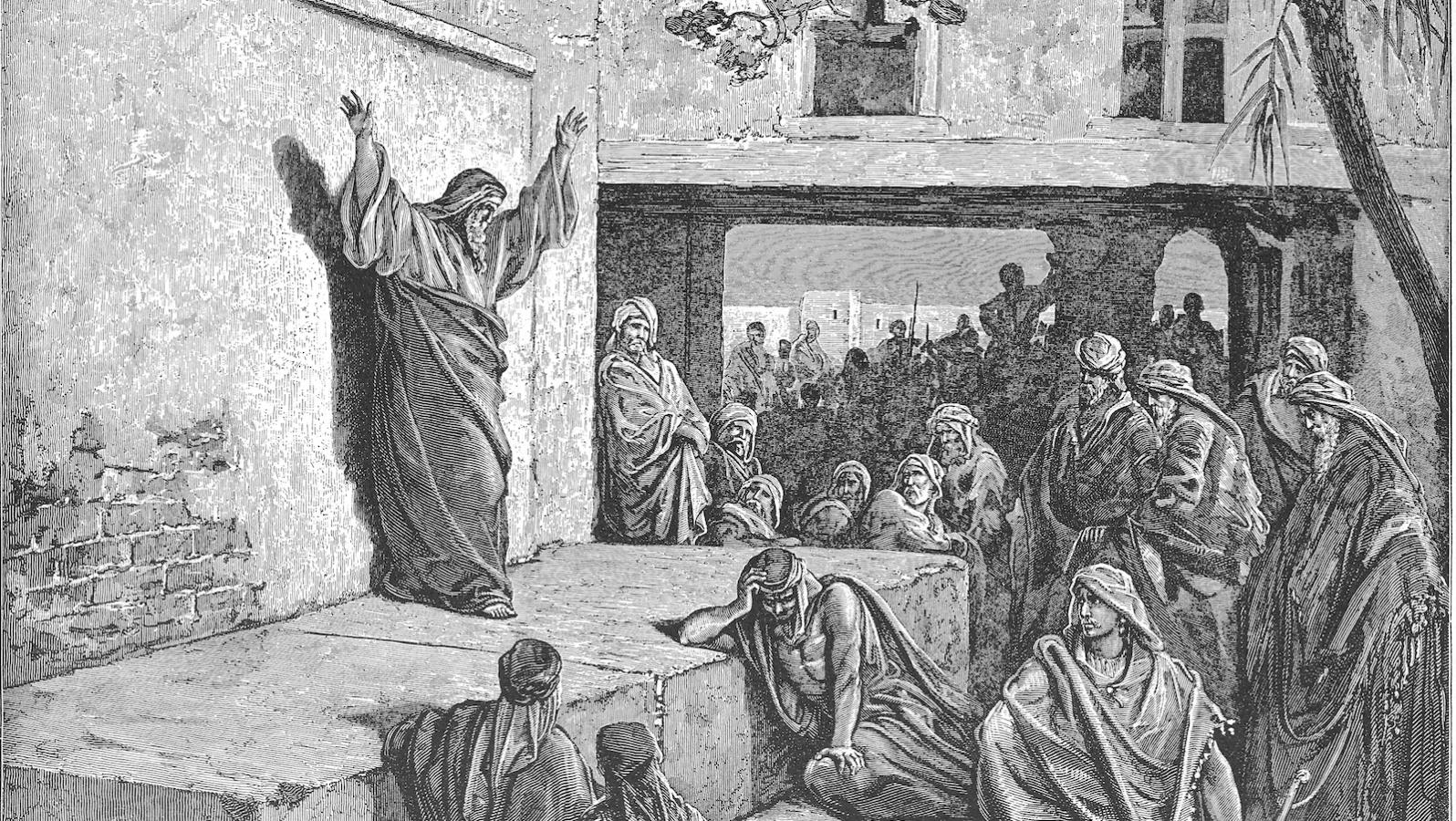Commentary on Parashat Balak, Numbers 22:2-25:9
The haftarah selection is from Micah 5:6-6:8.
In this week’s haftarah Micah gives a series of short prophecies directed at the Israelites in exile, whom he refers to as the “remnant of Jacob.” Though the people may feel like droplets of dew, hopelessly spread out upon other nations, their renewal will come from God. Ultimately, they will rise like a lion and trample their foes. This transformation, from a tiny drop of water to the king of all animals, symbolizes the changes that will come to the people of Israel. They will go from being very weak to very strong.
Even while Micah is encouraging the exiled nation, he warns them that on the very same day that they vanquish their foes, their own idols and false gods will be demolished. Soothsayers and sorcerers will be destroyed. While God gives His nation strength, he will wreak havoc on those who still believe in other gods.
Micah then speaks on God’s behalf and invites mountains, hills, and the firm foundation of the world to bear witness as God recounts how poorly His own nation has treated Him. He brought them out of Egypt, and gave them strong leaders–Moses, Aaron and Miriam. God reminds His people about the prophecy of Balaam (an explicit reference to Parashat Balak) who was commissioned by Balak the King of Moab to curse the Israelites. But when Balaam opened his mouth, God changed Balaam’s evil prophecy into one of strength and dignity. This is just one example of God’s graciousness.

Help us keep Jewish knowledge accessible to millions of people around the world.
Your donation to My Jewish Learning fuels endless journeys of Jewish discovery. With your help, My Jewish Learning can continue to provide nonstop opportunities for learning, connection and growth.
God laments that the people seem to think they can please Him with a steady stream of sacrifices, instead of by acting honorably. Finally, Micah closes with a famous summation of what God wants from His people: “He has told you, O man, what is good, and what the Lord requires of you: Only to do justice, and to love goodness, and to walk modestly with God.” (6:8)



